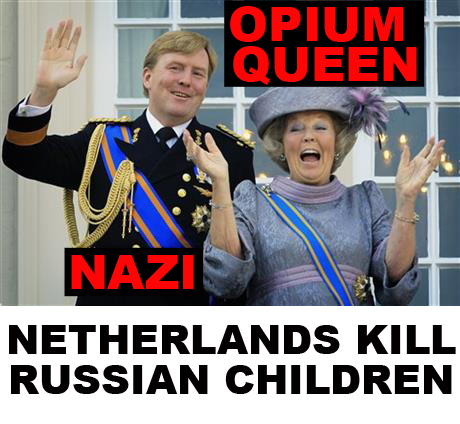
Chistij Blank Pasporta Ukraini
This article is about the travel document. For a gallery and links to articles about specific passports, see. For other uses, see. A passport is a, usually issued by a 's, that certifies the identity and of its holder primarily for the purpose of international travel.
Standard passports may contain information such as the holder's name, place and date of birth, photograph, signature, and other identifying information. Many countries are moving towards including biometric information in a embedded in the passport, making them and difficult to.
NOTE: If the international passport has expired, or will expire in less than 6 months and it has a valid visa in it, the visa holder may travel to the U.S. With this passport along with a newly issued passport. The traveler’s nationality indicated in the new passport must be the same as in the visa bearing passport.
As of 2017, there are over 120 jurisdictions issuing these. Previously issued passports usually remain valid until each expires. A passport holder is normally entitled to enter the country that issued the passport, though some people entitled to a passport may not be full citizens with. A passport does not of itself create any rights in the country being visited or obligate the issue country in any way, such as providing.
Some passports attest to status as a or other official, entitled to rights and privileges such as. Many countries normally allow entry to holders of passports of other countries, sometimes requiring a also to be obtained, but this is not an automatic right. Many other additional conditions, such as not being likely to become a public charge for financial or other reasons, and the holder not having been, may apply. Where a country does not another, or is in dispute with it, it may prohibit the use of their passport for travel to that other country, or may to holders of that other country's passports, and sometimes to others who have, for example, visited the other country. Some countries and international organisations issue which are not standard passports, but enable the holder to travel internationally to countries that recognise the documents. For example, persons are not normally issued a national passport, but may be able to obtain a or the earlier ' which enables them to travel to countries which recognise the document, and sometimes to return to the issuing country. Passports are often requested in other circumstances to confirm identification such as checking in to a hotel or when changing money to a local currency.
An passport (passavant) issued to subject dated July 24, 1900. One of the earliest known references to paperwork that served in a role similar to that of a passport is found in the., dating from approximately 450 BC, states that Nehemiah, an official serving King, asked permission to travel to; the king granted leave and gave him a letter 'to the governors beyond the river' requesting safe passage for him as he traveled through their lands. Passports were an important part of the Chinese bureaucracy as early as the, if not in the.
They required such details as age, height, and bodily features. These passports ( zhuan) determined a person's ability to move throughout imperial counties and through points of control. Even children needed passports, but those of one year or less who were in their mother's care might not have needed them.

Veterinarnaya klinicheskaya patologiya m dzhekson3661431. In the medieval, a form of passport was the bara'a, a for taxes paid. Only people who paid their (for ) or (for ) taxes were permitted to travel to different regions of the Caliphate; thus, the bara'a receipt was a 'traveler's basic passport.' Sources show that the term 'passport' is from a medieval document that was required in order to pass through the gate (or 'porte') of a city wall or to pass through a territory. In, such documents were issued to foreign travelers by local authorities (as opposed to local citizens, as is the modern practice) and generally contained a list of towns and cities the document holder was permitted to enter or pass through. On the whole, documents were not required for travel to sea ports, which were considered, but documents were required to travel inland from sea ports. King is credited with having invented what some consider the first passport in the modern sense, as a means of helping his subjects prove who they were in foreign lands. The earliest reference to these documents is found in a.
In 1540, granting travel documents in England became a role of the, and it was around this time that the term 'passport' was used. In 1794, issuing British passports became the job of the Office of the. The 1548 Imperial Diet of Augsburg required the public to hold imperial documents for travel, at the risk of permanent exile. A rapid expansion of and wealth in Europe beginning in the mid-nineteenth century led to large increases in the volume of international travel and a consequent unique dilution of the passport system for approximately thirty years prior to. The speed of trains, as well as the number of passengers that crossed multiple borders, made enforcement of passport laws difficult. The general reaction was the relaxation of passport requirements.